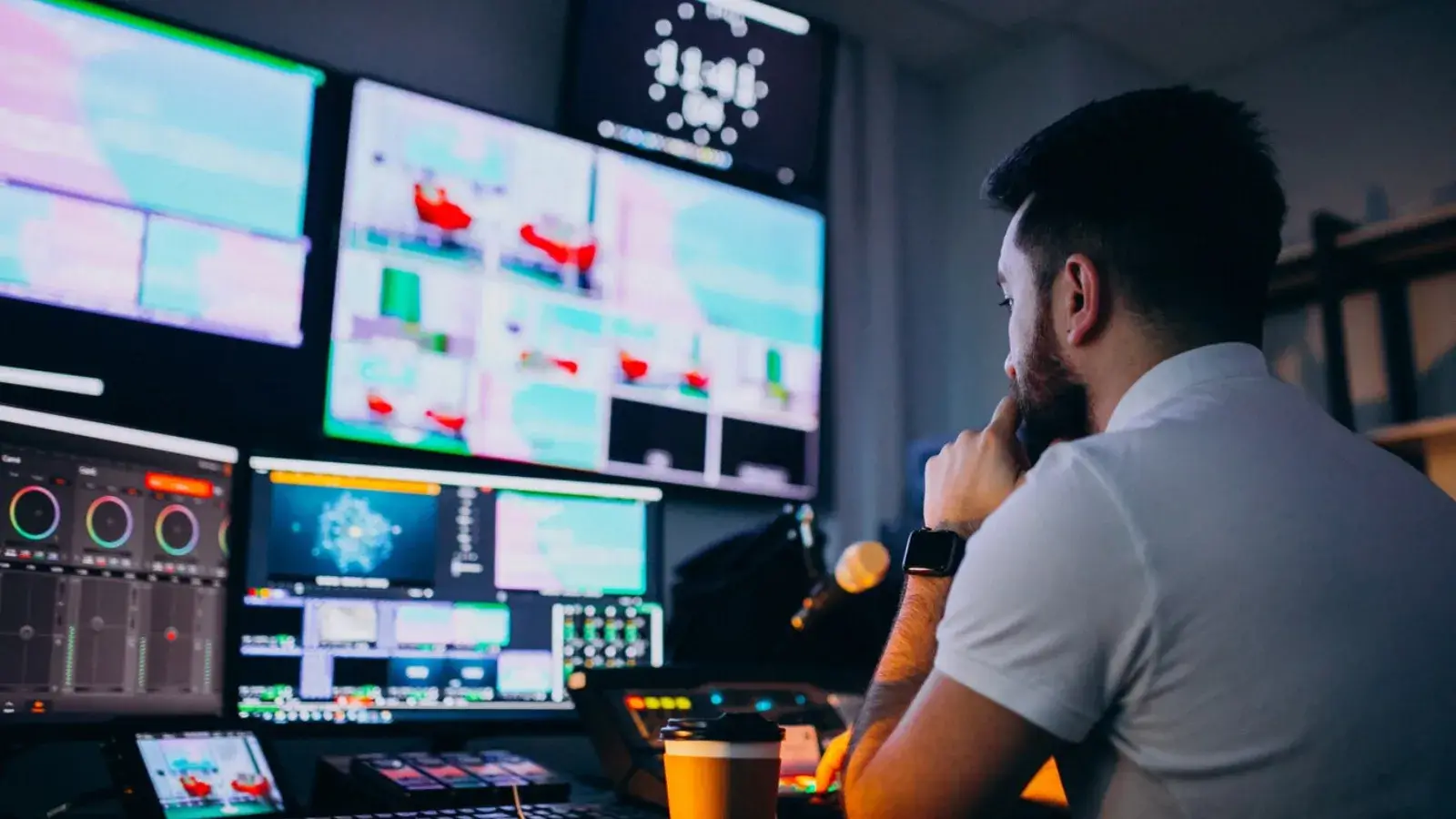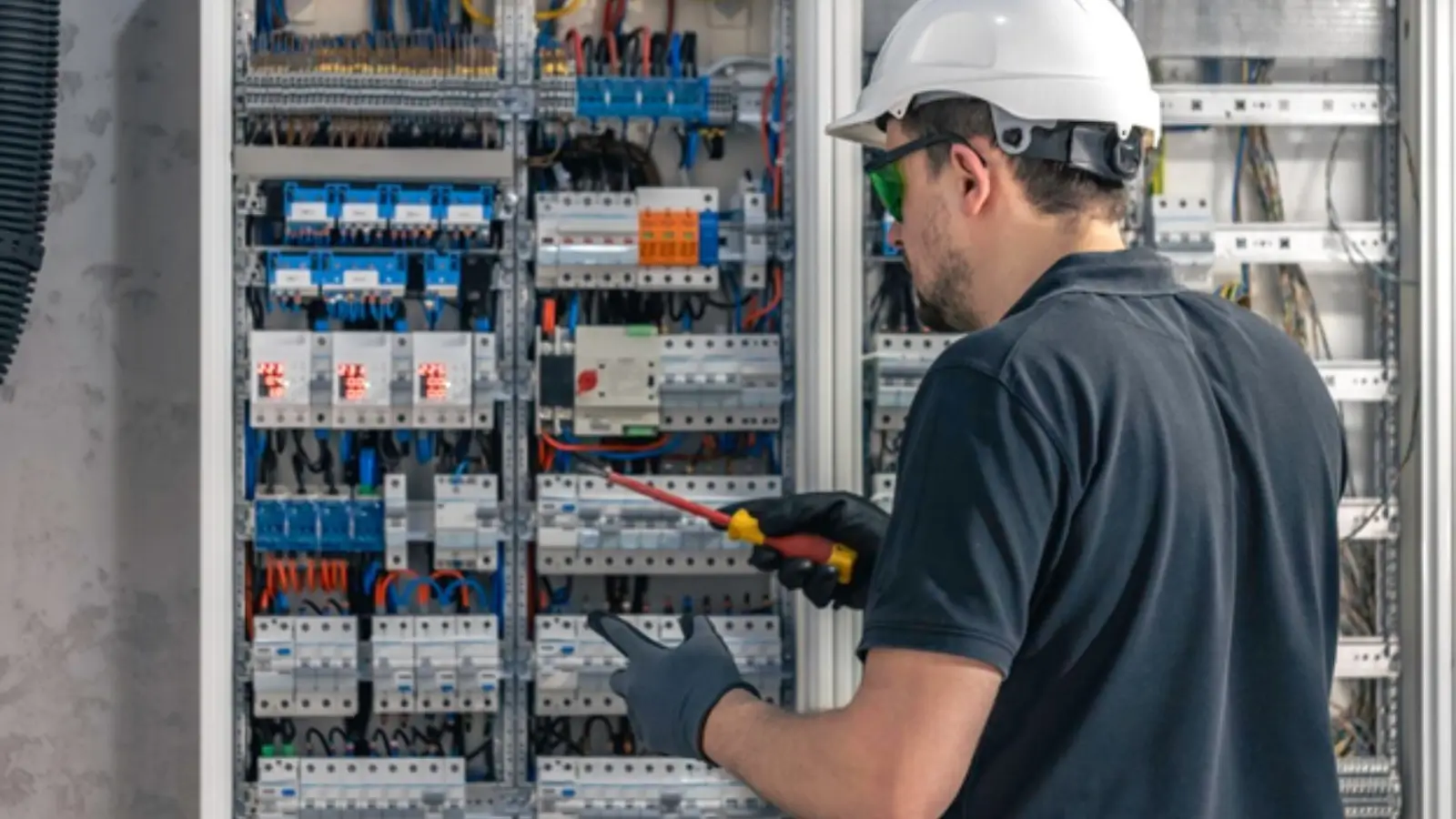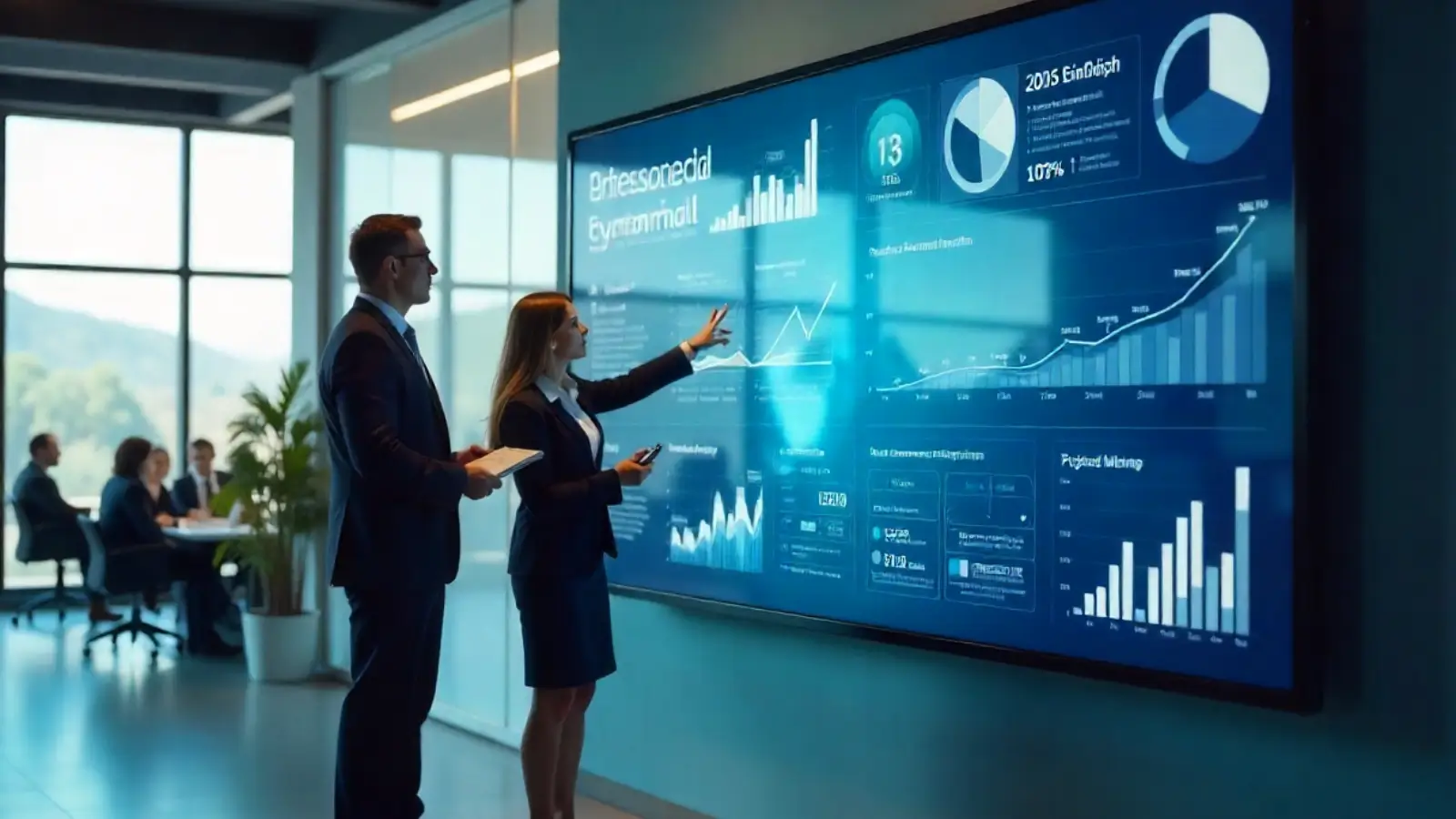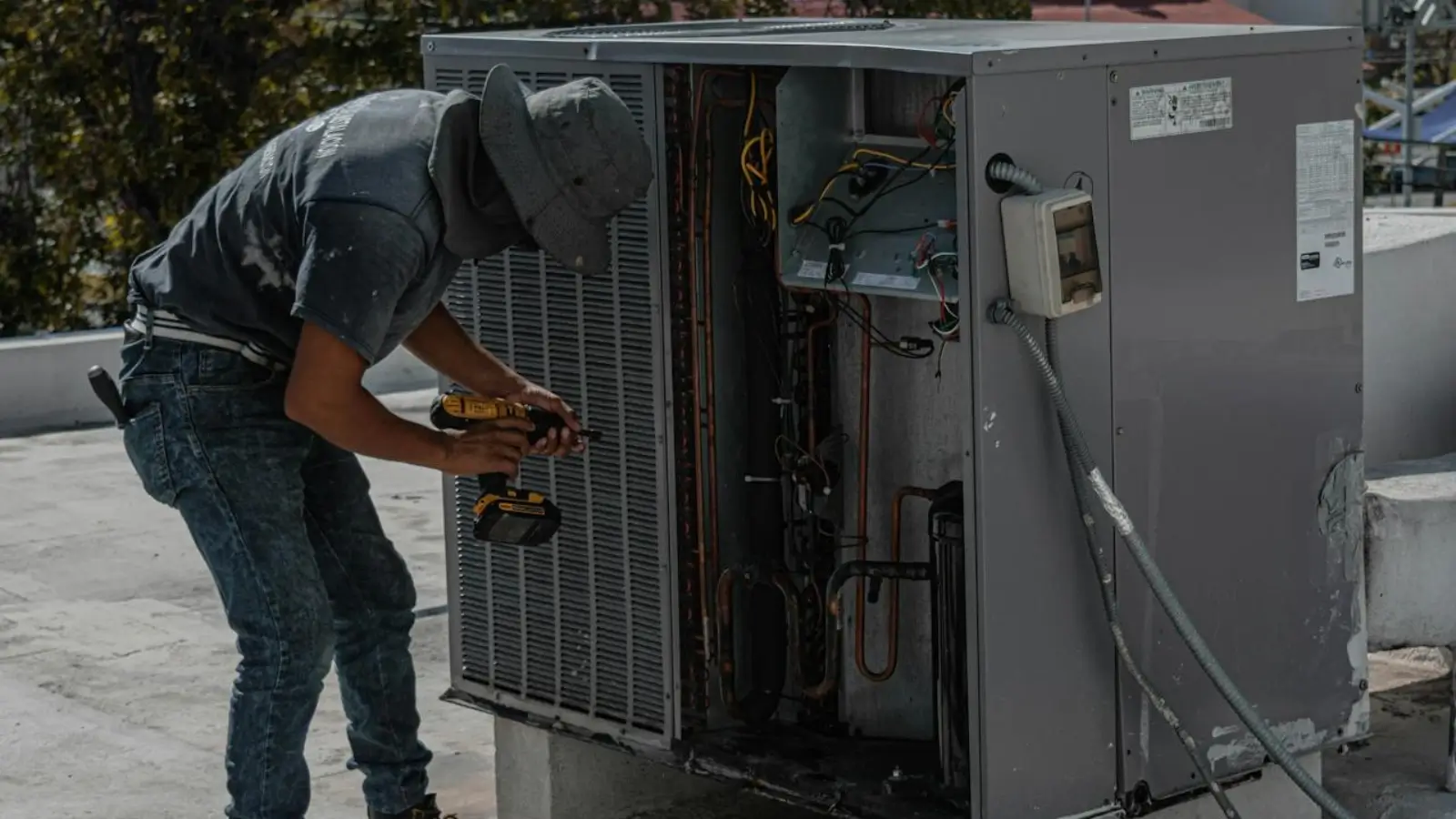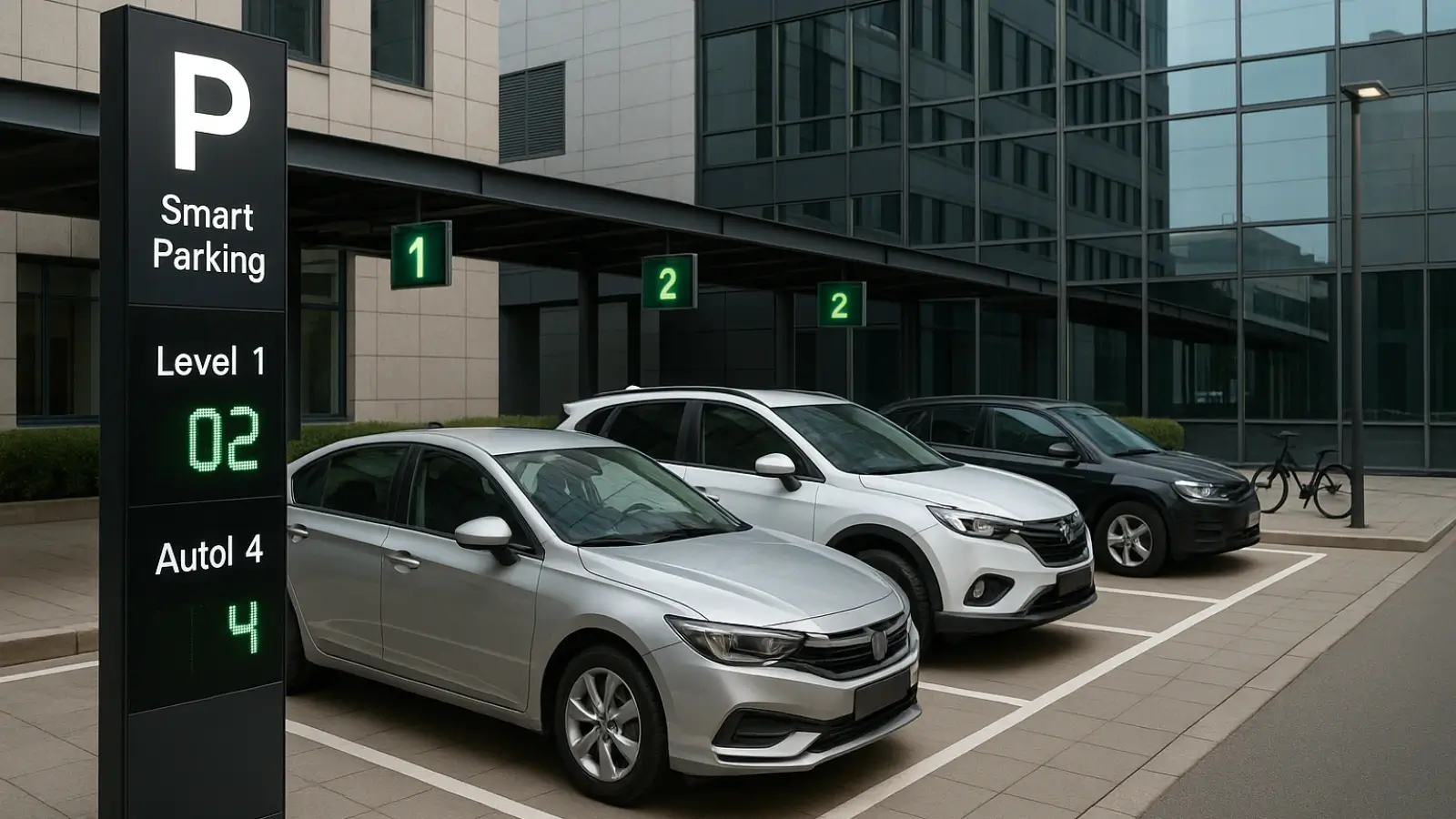Technology has become an indispensable force in the world of event production, revolutionizing how events are planned, executed, and experienced. Digital tools are now at the forefront, enhancing every aspect of event management, from planning and coordination to attendee engagement and sustainability. This integration of technology in event production opens up new possibilities, enabling organizers to deliver more interactive, impactful, and efficient events. Below, we explore how technology is shaping the future of event production.
One of the most significant technological advancements in event production is the use of digital tools for planning and management. Organizers can now streamline processes with software and mobile apps that enable real-time communication and updates. These tools simplify tasks like attendee registration, schedule management, and logistical coordination, allowing event planners to focus on the creative elements that make an event truly unique. By leveraging digital platforms, event organizers can also ensure that everything runs smoothly, from the smallest details to large-scale logistics.
Virtual and augmented reality have also introduced exciting new ways to engage event attendees. Virtual reality immerses participants in fully digital environments, ideal for trade shows, exhibitions, and experiences where physical presence may not be feasible. Augmented reality, on the other hand, enhances the physical event space by layering digital content over the real world, creating interactive, personalized experiences for attendees. These immersive technologies not only elevate the attendee experience but also open up innovative opportunities for sponsors and exhibitors to engage participants in novel ways.
Live streaming and digital connectivity are key contributors to expanding an event’s reach. By broadcasting events live, organizers can break down geographical barriers and attract a global audience. This is especially valuable for large conferences, as well any of the recent political event production Minneapolis has seen, where a targeted audience might benefit from remote participation. On-demand streaming further extends an event's impact by allowing attendees to revisit sessions they found particularly valuable, providing lasting value beyond the event itself.
Data analytics also play a vital role in today’s event production landscape. By gathering data on attendee behavior and preferences, organizers can fine-tune their events to ensure they meet audience expectations. Whether the goal is networking, education, or promotion, data analytics enables event planners to make informed decisions and continuously improve future events. The use of analytics also allows for personalized experiences, which increase attendee satisfaction and engagement.
Sustainability is another key area where technology has made an impact. Digital ticketing and electronic programs reduce paper waste, while energy-efficient lighting and sound systems lower the environmental footprint of events. As eco-consciousness becomes a top priority for both organizers and attendees, these green initiatives contribute to both cost savings and a more sustainable event experience.
Despite the rise of digital tools, the human element remains crucial in event production. Technology supports and enhances human interactions but doesn’t replace them. The future of event production will focus on balancing the efficiency of digital solutions with the irreplaceable value of personal connections, face-to-face networking, and meaningful interactions.
As event production continues to evolve, the role of technology will only become more significant. For more information on how digital innovations are transforming the event production industry, see the accompanying resource.


